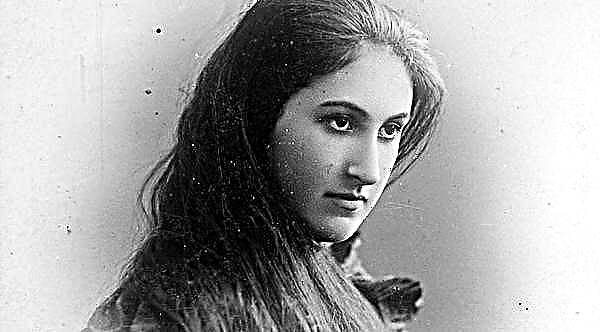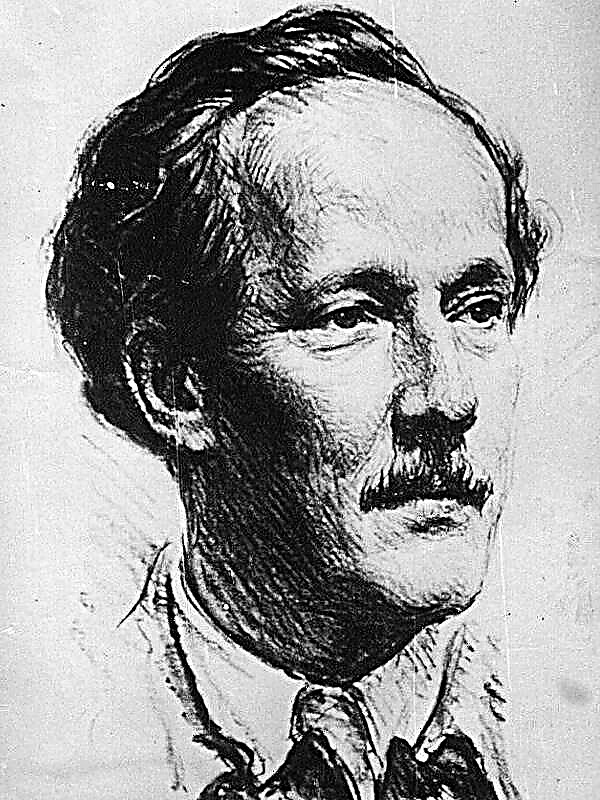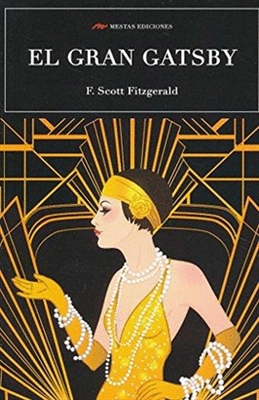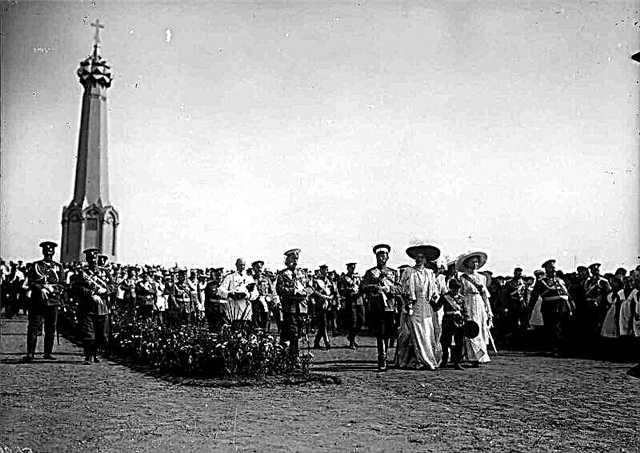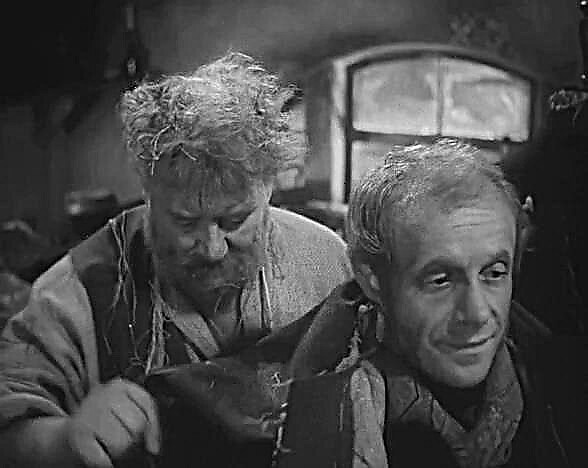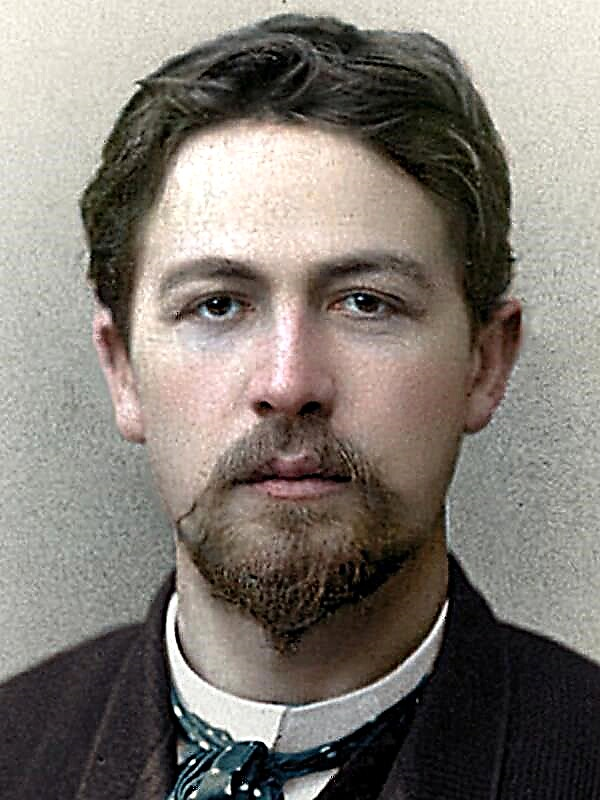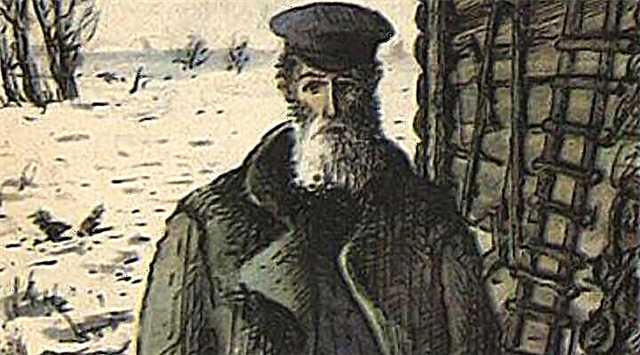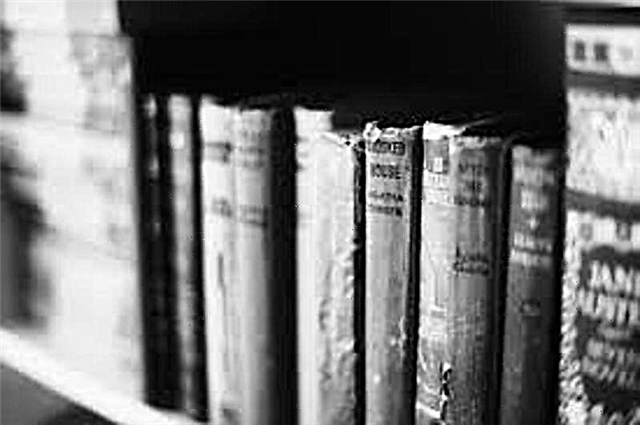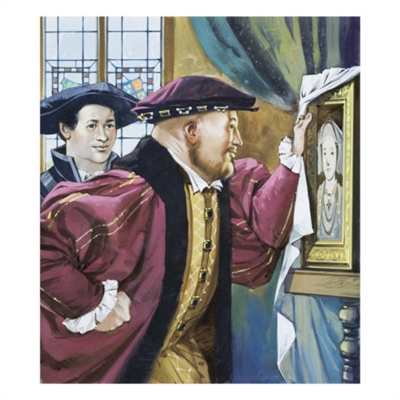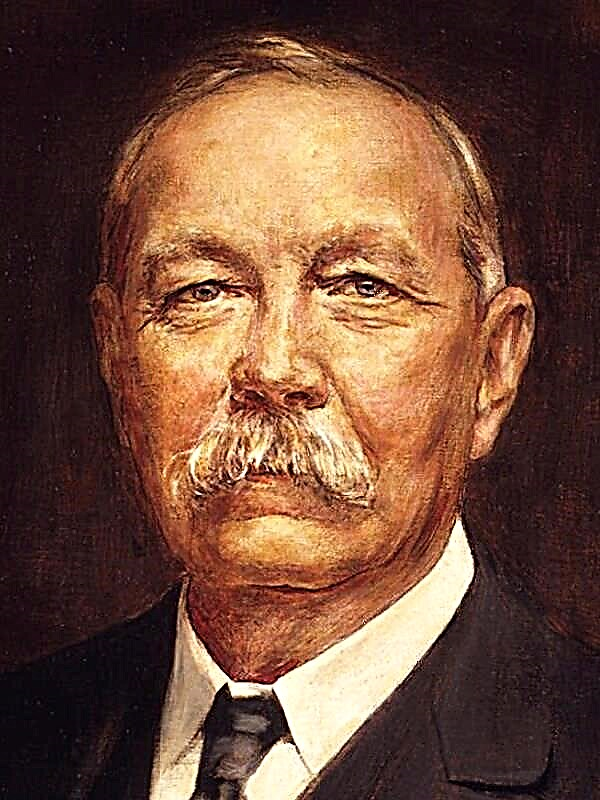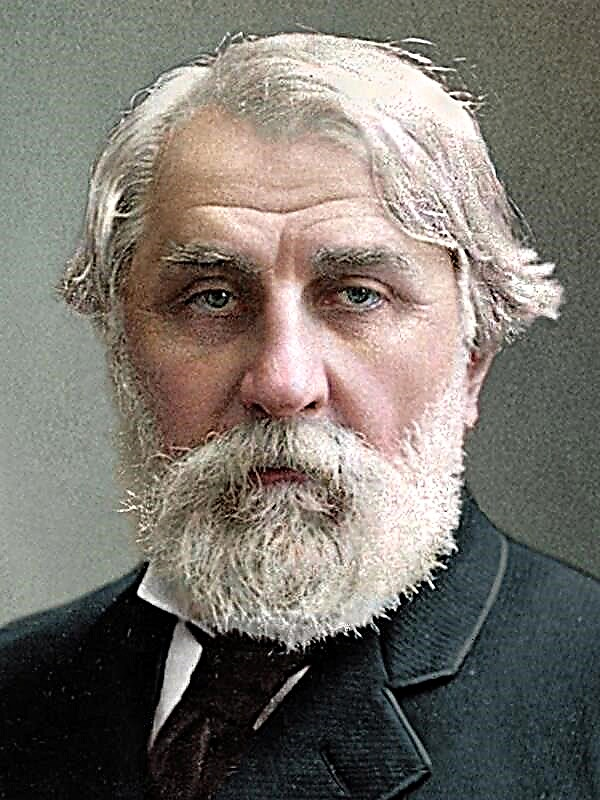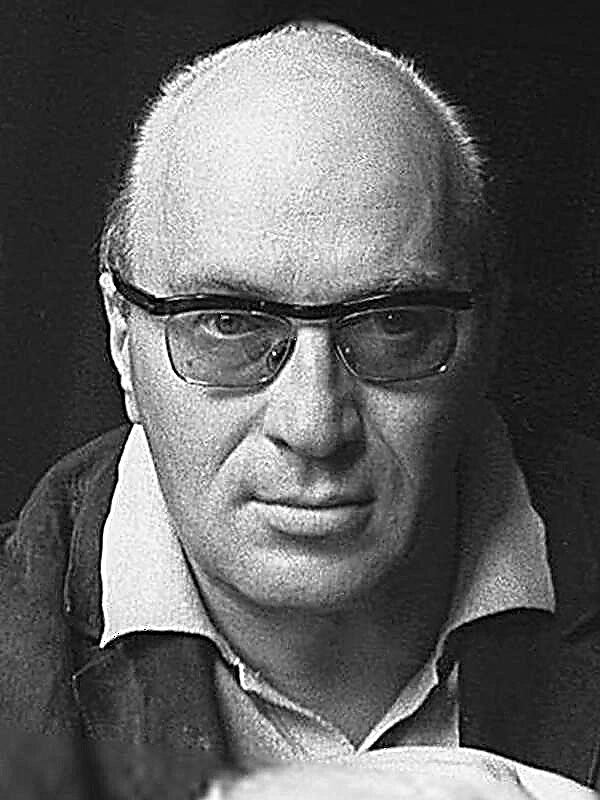(351 words) Nikolai Rostov is one of the heroes of the epic novel War and Peace. This character is one of the most striking images in the whole book. It reflects the mores and values of the military nobility of that time.
The reader gets acquainted with a very young boy from a noble family who is going to serve. This is the beginning of the formation of the personality of the hero. It was the family that formed its open and temperamental character. Nikolushka was always a beloved first-born, who had high hopes. Therefore, Nicholas feels on his shoulders I bear responsibility for the future of a kind, which largely determined his future fate. But this feeling also became his weakness: in his first battle, the junker is cowardly, because he is afraid of death and cherishes himself, such a beloved and desired member of the family. The same responsibility imposes a moral duty on the hero, which turned out to be stronger than love. So, Nicholas did not choose Sophia as his wife, whom he loved with boyhood and anxiety, but Marya, a wealthy heiress who could save his family from ruin.
Nicholas is characterized by the positive qualities of a nobleman: pride, courage, patriotism. But the negative properties are just as strong in it: hot temper and the absolute absence of a practical estimate. That is why he, led and short-sighted, loses Dolokhov a huge fortune, not seeing the tricks of a friend. This incident shows the helplessness and infantility of the nobility, which does not know life and therefore does not understand anything in it. The character lived in a greenhouse setting and did not care about his daily bread, but only lived it. Even his decision to correct his affairs by marriage is another manifestation of Rostov's lack of independence. He himself is a hostage to his environment, which absorbs all his thoughts and aspirations. He cannot make money himself, nor can he take up farming. Its limitations were repeatedly emphasized by the author himself, who said that Nikolai fled from home to the regiment, just to indulge in that calm and understandable life without the hassle and family affairs.
Thus, the author depicted a multifaceted and outstanding image of a nobleman, which can cause a completely different impression on the reader. Someone will love Nikolai for his love of his homeland, openness, sincerity and simplicity, which the writer himself highly valued. But to other people, Rostov will seem a stupid and insignificant soldier who can only carry out orders, but something more he can not do. I belong to the second type of readers and I see in Nikolay a desire to spend, but a complete inability to earn.

